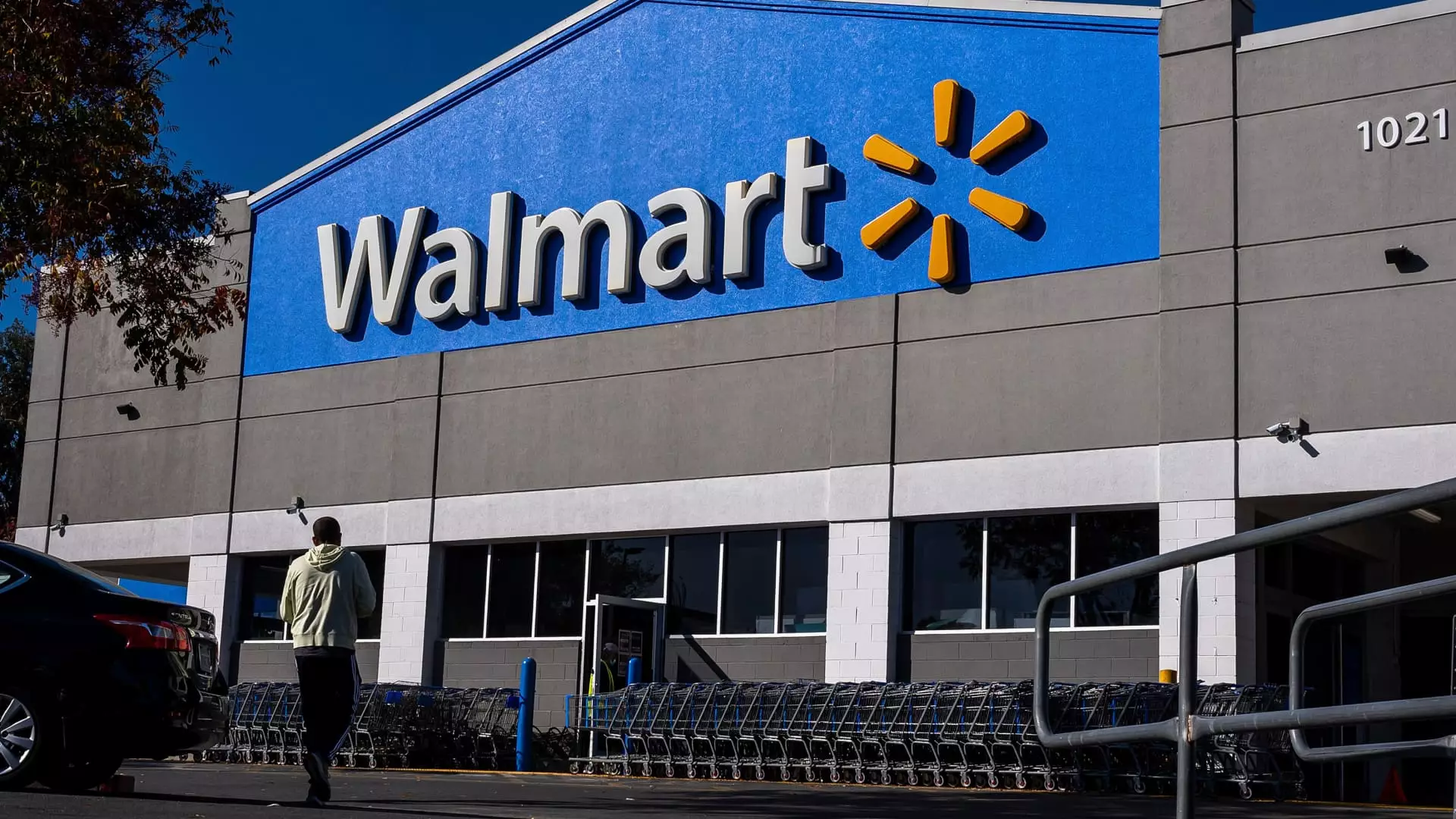In the evolving landscape of U.S. retail, the potential imposition of tariffs under the incoming Trump administration raises substantial concerns for major retailers. With every change in political climate, businesses must recalibrate their strategies to mitigate the adverse effects of new policies. Recently, John David Rainey, Walmart’s Chief Financial Officer, articulated that the proposed tariffs could compel the retail giant to raise prices on certain products. Despite articulating a commitment to their “everyday low prices” mantra, Rainey recognized the reality that external economic pressures do not always comply with corporate aspirations. This sentiment resonates deeply within the retail community, as leaders collectively brace for a challenging economic environment.
The prospect of rising prices amid an inflationary environment could create a stark dichotomy for consumers: the more money spent on goods might constrict spending in other areas of life. The National Retail Federation, expressing similar apprehensions, characterized broad tariffs as a “tax on American families.” This raises the question: can consumers, already navigating a landscape of moderated inflation, absorb yet another financial shock? As retail leaders like Rainey and other executives from e.l.f. Beauty and Steve Madden voice their concerns, it becomes evident that the ripple effect of such tariffs could extend beyond mere pricing changes to encompass broader economic implications, including possible job losses. The interconnectedness of these systems cannot be overstated; discontent among consumers could lead to a significant downturn in retail sales, creating a vicious cycle of economic strain.
Walmart’s commentary offers a glimpse into the retailer’s tactical response to the looming threat of tariffs. Rainey noted that approximately two-thirds of Walmart’s inventory is domestically produced, signaling a commitment to leveraging local supply chains as a buffer against international afflictions. The ability to adapt—to shift sourcing practices and seek alternatives—is a critical survival tactic in these turbulent times. This diversification is not unique to Walmart. Other significant players, such as Lowe’s, have similarly begun to shift their supply chains to reduce reliance on potentially impacted international sources. Lowe’s CFO, Brandon Sink, indicated that 40% of their goods come from outside the U.S, acknowledging that tariffs would indisputably escalate product costs, thus requiring a thoughtful and preemptive diversification approach.
Interestingly, Rainey’s assertion that Walmart has been in a “tariff environment” for several years highlights the retailer’s resilience and adaptability. The company has already made necessary adjustments in response to previous sanctions. This historical context is vital for understanding the strategy behind their operations. By working closely with suppliers and optimizing their private label assortments, Walmart aims to absorb as much of the heightened costs as possible without passing them directly onto consumers. However, the reality remains that some price increases may be unavoidable, presenting a dilemma for both retailers and their customers.
As the retail sector intricately balances a myriad of external factors, the impending economic reality looms large. While Walmart embodies a proactive approach to managing product sourcing and ensuring competitive pricing, the overarching narrative underscores the uncertainty facing the market at large. Tariffs, when enacted, possess the potential to shift consumer behavior, alter shopping patterns, and ultimately reshape the scope of American retail. Safeguarding against these challenges requires not only nimble operational strategies but also an acute awareness of the socio-economic landscape. As discussions continue to unfold regarding tariffs and their implications, the entire retail sector watches closely, prepared to respond to an ever-changing economic tide.

